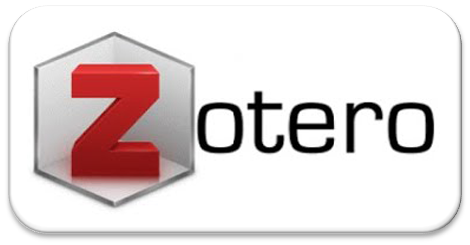Egalitarianisme Gayo Sebuah Inisiatif Antropologi Sosial dan Etnografi Politik
Abstract
Gayo is the second largest ethnic groups in Aceh, which is most misunderstood. Actually, Aceh has consisted nine ethnics, including one smallest ethnic that has been founded several years ago, named “Haloban” in Pulau Banyak, Singkil Regency. This arcticle shows the distinctive characters and culture of Gayo people. They were not only inhabiting in area “Gayo continent” such as Central Aceh, Bener Meriah, Gayo Lues Regency, but also Southeast Aceh (Alas), East Aceh (Lokop) Aceh Tamiang (Kalul), and Southwest Aceh Regency (Lhok Gayo). This article uses an ethnographic approach on the condition of culture, art, and history in Gayo landschape. In the long history of the Gayo people, Islam has become a value that has penetrated the joints of the socio-cultural life of its people. This situation is quitely different with Aceh east and west coastal. That happened because the Gayo people had faced challenges to live diverse, so that it influenced the appreciation of their Islamic life. in the religious practice, the Gayo people pay more attention for the esoteric values perspective rather than the exoteric perspective. This is the rich account of a muslim society in highland Gayo, that has been a long debate among themselves ideas of what Islam is and should be as it pertains to all areas of their lives, from work, arts performance, and worship. Many previous anthropological studies, like Snouck Hurgronje works have concentrated on the purely local aspects of culture and the tension between the local and universal in everyday life of Gayo people.
Full Text:
PDFReferences
Al-Gayoni, Yusradi Usman, 2014.Tuturan Gayo, Tangerang : Mahara Publishing.
Bowen, John R., 1998. Religions in Practice: An Approach to the Anthropology of Religion, Needham Heights, MA : Allyn and Bacon A Viacom Company.
Bowen, John R., 2003. Islam, Law, dan Equality in Indonesia: An Anthropology of Public Reasoning, Cambridge : Cambridge University Press.
Bowen, John R., 2012. A New Anthropology of Islam, Cambridge – New York : Cambridge University Press.
BPS, Provinsi Aceh dalam Angka 2016.
Dardanila, 2016. Kekerabatan Bahasa Karo, Bahasa Alas, dan Bahasa Gayo : Kajian Linguistik Historis Komparatif, disertasi, Medan : FIB USU.
Fasya, Teuku Kemal, 13 Mei 2017. “Sesat Pikir Mante”, Kompas.
Fasya, Teuku Kemal, 13 November 2017. “Peradaban Gayo”,
www.steemit.com.
Hurgronje, Snouck, 1996. Tanah Gayo dan Penduduknya, Jakarta : INIS.
KH., Ramadhan dan Fitria Sari, 2017. Teuku Nyak Arief : Rencong Aceh di Voolksraad, Depok : PT. RajaGrafindo Persada.
Kompas, 22 Oktober 2017.
Lubis, Raihan, 2017. Siti Kewe, Medan : Swarnadwipa.
Malau, Fatmin Prihatin, 22 Maret 2015. “Musik Gayo Mengingatkan Penyair To'et”, Harian Analisa.
Pour, Julius, 19 Oktober 2007. “In Memoriam Prof Dr Teuku Jacob: Kepergian Pelacak Jejak Manusia Purba”, Kompas.
Rahman, Wen Y., 2016, Anak Kopi Pemimpin Tanoh Gayo, Tangerang : Mahara Publishing.
Serambi Indonesia, 20 September 2013.
www.kompas.com, 25 Februari 2017.
www.tribunnews.com, 10 Juli 2013.
DOI: https://doi.org/10.29103/aaj.v2i2.1155
 Article Metrics
Article Metrics
 Abstract Views : 983 times
Abstract Views : 983 times
Refbacks
- There are currently no refbacks.
Copyright (c) 2018 Teuku Kemal Fasya
INDEXED BY:











Redaksi Aceh Anthropological Journal (AAJ): Gedung Program Studi Antropologi Fakultas Ilmu Sosial dan Ilmu Politik Universitas Malikussaleh. Kampus Bukit Indah Jln. Sumatera No.8, Kec. Muara Satu Kota Lhokseumawe, Prov. Aceh, Indonesia. eMail: aaj.antro@unimal.ac.id
All publication by Aceh Anthropological Journal (AAJ) are licensed under a Lisensi Creative Commons Atribusi 4.0 Internasional

.png)



.png)
.png)
.png)

